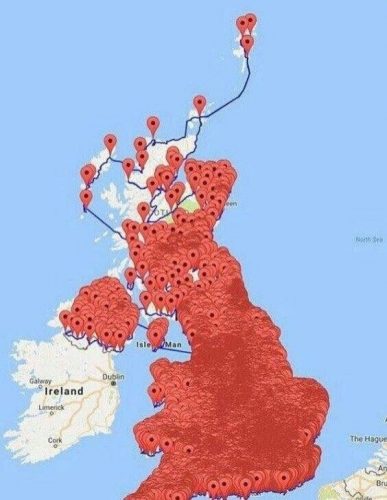Gay marriage: the database engineering perspective is a rather old article on how gay marriage (and other types of marriages) can affect technology, but somehow I missed it for all these years.
It’s interesting from a variety of perspectives – technical, social, and cultural. It’s also somewhat tongue in cheek, yet insightful and thought-provoking. Irrelevant of your views on the subject, I recommend this read. Where else will you find 14 database schema designs trying to solve the same problem.
The legal ramifications of what I’m about to describe are unguessable. I have no idea what rights a civil union like the ones which would be possible below would have, nor do I have any idea what kind of transhuman universe would require so complex a system. This is the marriage database schema to take us up to the thirty-first century, people.
If databases are that difficult to adjust, I can’t even imagine the effort needed for humans…
